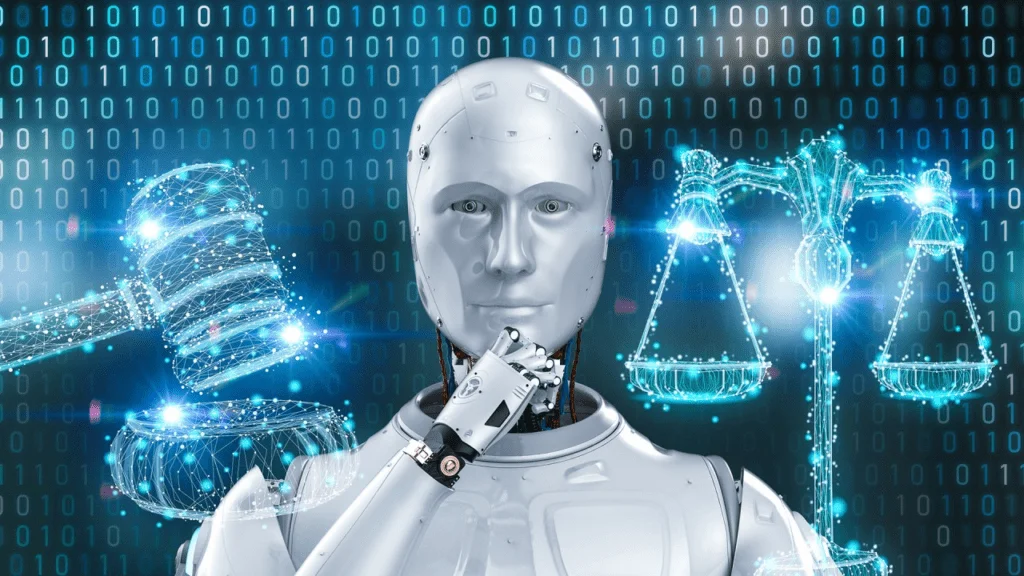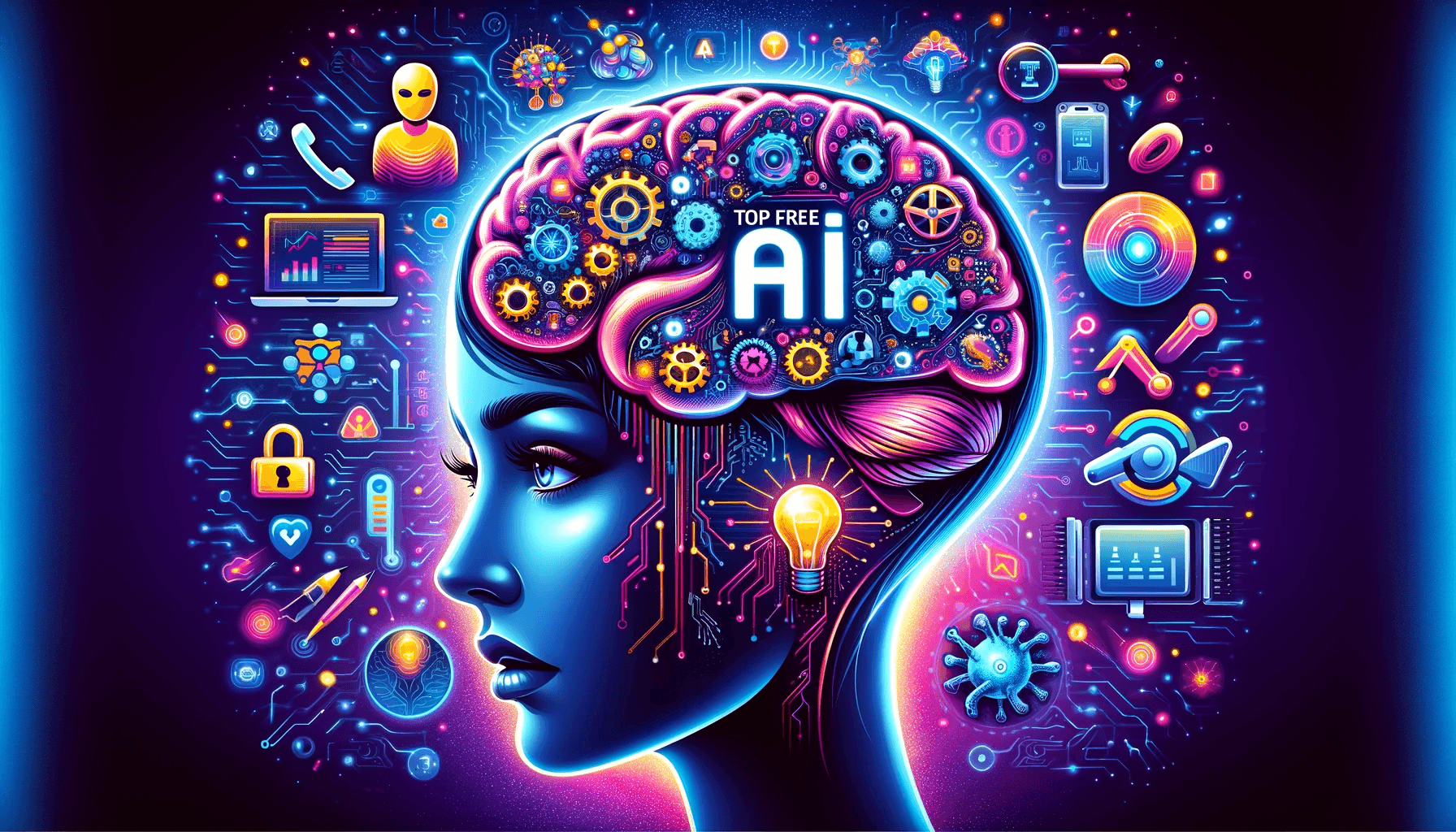Artificial Intelligence (AI) is rapidly reshaping the legal industry, offering powerful tools to streamline processes, analyze data, and assist legal professionals. For those new to the concept, understanding how AI is applied in law is essential to navigating this evolving landscape.
What is AI in Law?
AI in law refers to the use of advanced algorithms, machine learning, and natural language processing (NLP) to perform tasks that typically require human intelligence. These tasks range from reviewing legal documents to predicting case outcomes and automating routine operations.
Key Applications of AI in Law
Legal Research
AI-powered legal research platforms can quickly analyze vast volumes of case law, statutes, and regulations. By using AI, legal professionals can find relevant precedents and insights much faster than traditional manual research methods.
Contract Analysis and Review
AI tools can automatically review contracts to identify risks, flag unusual clauses, and ensure compliance. This significantly reduces the time spent on routine contract checking and helps improve accuracy in legal documentation.
Predictive Analytics
AI can analyze historical case data to predict the likely outcome of ongoing litigation. This assists lawyers in making informed decisions, assessing risks, and developing stronger legal strategies.
Document Automation
AI-based software can generate standard legal documents, agreements, and reports with minimal human input. This helps law firms improve efficiency and consistency in document preparation.
E-Discovery
During litigation, AI can sift through massive amounts of electronic data to locate relevant information. AI speeds up the discovery process and reduces the workload involved in sorting emails, files, and records.
Virtual Legal Assistants
Chatbots and virtual assistants powered by AI can handle basic client queries, schedule appointments, and provide legal information, improving client service and reducing response times.
Challenges and Considerations in AI and Law
Ethical Concerns
The use of AI raises ethical questions about fairness, accountability, and bias. It is crucial to ensure that AI tools do not unintentionally reinforce discriminatory practices or exclude important legal nuances.
Data Privacy
AI systems process large amounts of sensitive information. Maintaining data security and adhering to privacy laws is essential when implementing AI in legal workflows.
Lack of Human Judgment
While AI can process data quickly, it lacks the human capacity for empathy, reasoning, and moral judgment, which are often critical in legal decision-making.
Legal Liability
Determining responsibility when AI-driven decisions result in errors or unfavorable outcomes is complex. Clear guidelines and regulations are needed to address liability issues in AI-assisted legal practices.
Conclusion
AI is transforming the legal profession by enhancing productivity, reducing costs, and offering powerful analytical capabilities. For beginners, understanding how AI integrates with legal work is the first step toward leveraging its full potential. However, balancing efficiency with ethical and legal responsibilities is essential to ensure that AI serves as a valuable and trustworthy partner in the practice of law.







Leave feedback about this